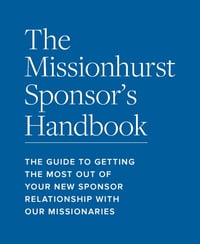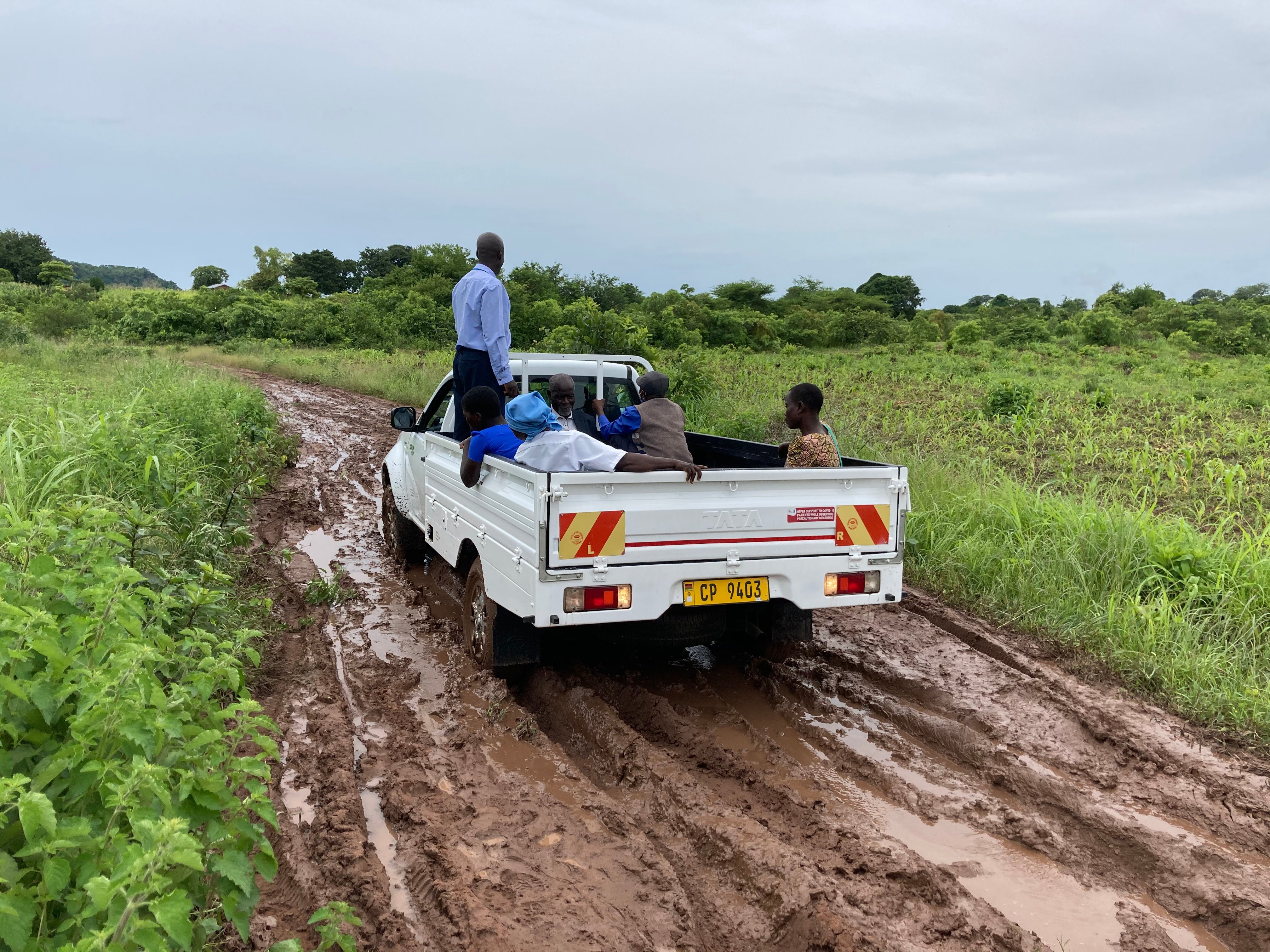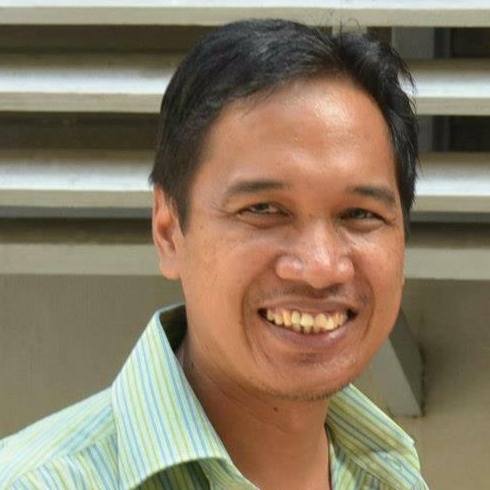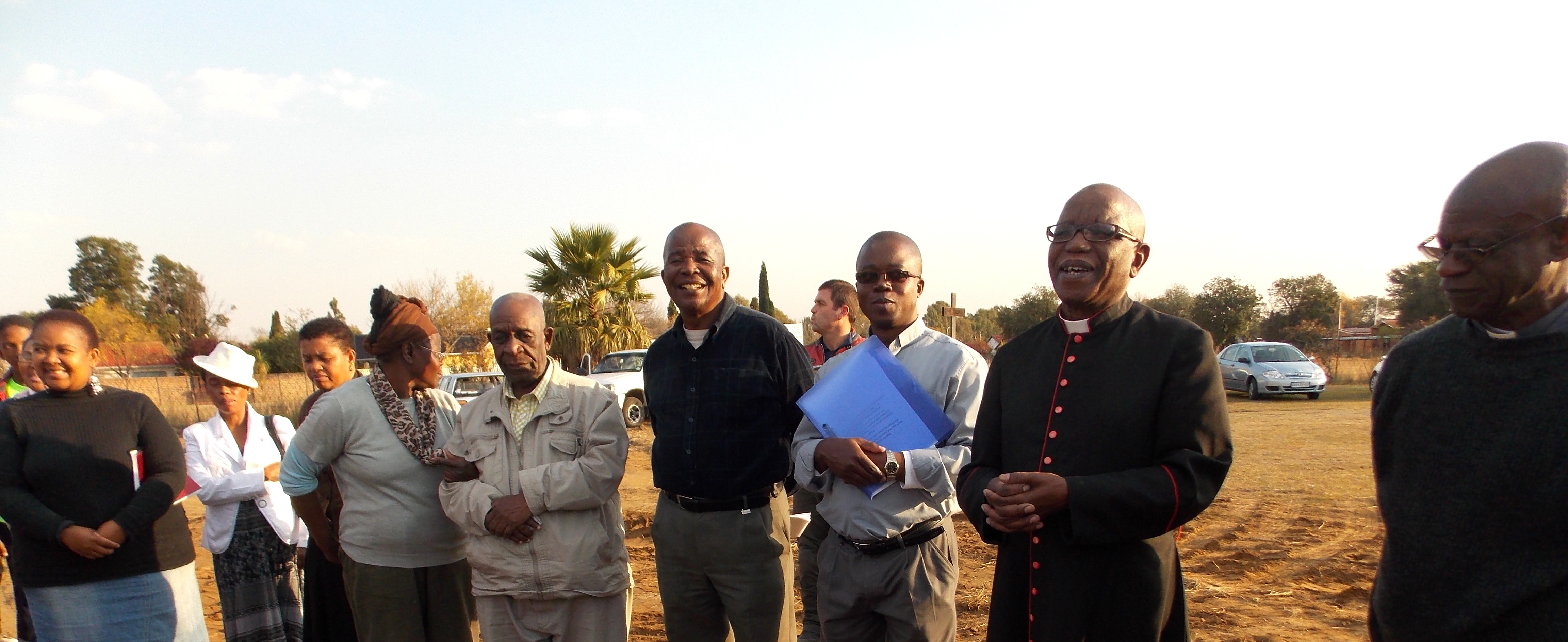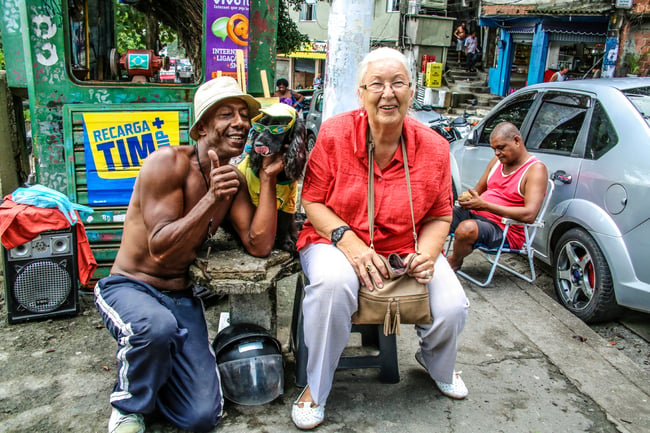
Beginning in the mid 1980’s the Catholic Church in Brazil confronted the widespread problem of infant mortality and malnutrition through the initiation of a specific Children’s Ministry.
Enhancing basic infant nutrition and hydration, and reducing respiratory and other common childhood diseases were among the major objectives. It is with great satisfaction that we can report that Missionhurst has been directly involved in achieving these goals. We were able to fund certain health projects, and lend formation and CICM participation in others.
In the 25-30 or so years that have passed, the ever-changing world in which we live has made no exception with the family structure here in Brazil.
When I arrived in 1977, a family with upwards of eight and ten children was relatively normal. Often there were families with more than twelve! But today the average is two or three children. Thus, the parents seem to have more time and resources for the care of raising of their families.
Back when life expectancy was much shorter and medical care was scarce, the children (often the younger females of large families) found themselves charged with the care of their aging or ailing parents. But today, with improved health care and modern facilities, the parents can usually raise their children, see them through college and marriage, and in many cases, still be in the prime of life.
But time marches on nonetheless, and the parents of those large families of the 60’s and 70’s are now entering into their mature years; but there is rarely anyone left at home to care for them now. The elderly are facing new issues of illness, mobility and independence.
Some are lucky enough to be active and participate in various programs offered by the city, unions, and other groups. But others are more homebound, especially in the rainy season when the wet clay becomes as treacherous as ice.
We are encountering many older citizens whose offspring have emotionally and/or physically abandoned their parents.
In a full circle metaphor, it is to these homebound and abandoned persons that the Ministry to the Elderly now directs its attention and tender loving care.
The Ministry to the Elderly follows the methodology set forth in the Children’s Ministry: standards of nutrition and hydration are recommended, home visits are made in order to observe their living conditions, and appropriate physical activities are encouraged.
Moreover, once a month our volunteers come together to pray and to reflect on their ministry.
We currently have volunteer members who range from 18 to 82 years of age. They show great enthusiasm for their work and unconditional love for “their elderly.” Our ministry volunteers are provided a total of 24 hours of training, and monthly follow-up coaching and education.
During one training session of the Ministry to the Elderly in Vila Betania, the participants decided to honor the elderly at their weekly mass. During the preceding week they went out to visit the homes of the elderly people they knew, and invited them along with any caregivers to participate in the mass. That Saturday the church was full.
Elderly parishioners were invited to perform various functions during the mass, and at the end there were brief remarks and a small fellowship gathering. At least for the moment their diets were forgotten, and a feeling of well being existed.
This was such a success that at Christmas we arranged a similar celebration, featuring the first appearance of the Choir of the Elderly; in truth they may have been a bit off key, but they enjoyed every minute of it!
Not every encounter with the elderly is so pleasant for our volunteers.
Our Eucharistic minister was given a terrible shock when, in the case of visiting an elderly woman of our parish, noticed several bruises on the woman. Dona Clara, a woman of 106 years of age, is a parishioner living alone in a house adjoining her only son (of 77 years old) and his wife.
Upon learning this, one of our community leaders and I paid a surprise visit, expecting to find some neglect or worse, elder abuse. The surprise was on us however. Her house was very tidy and well ventilated; without question, her room was cleaner than mine.
Her son was not present and Clara was sleeping, so we were unable to chat with her. But we did notice that there was no walker, or handrails or injury proofing measures taken around her place. For a woman of her age and condition, surely she could use these items, so we asked the city visiting nurses program to come attend to her.
The following Sunday we paid another visit, and this time the son was present. We congratulated him on the cleanliness of the house and his desire to care for the one who had cared for him. He revealed that in fact it had been a fall that created the bruising his mother had suffered.
He was concerned to now take the precautions needed for her continuing care. The Eucharist Minister and a volunteer of Ministry to the Elderly are keeping us updated on the condition of Dona Clara.
Then there was the case of one of our teams who regularly visit an elderly couple of the parish. Zelia, Maria and Frank were making their fourth visit this couple when they were surprised to be greeted at the front gate by the couple’s grandson.
To their shock and dismay, their youngest son was involved in a gang that sold drugs.
The grandson showed them into the living room, but shortly after exchanging greetings the team noticed some fifteen or so young men who were lingering in the back yard—many appearing to be under the influence of alcohol or drugs.
The couple revealed that, to their shock and dismay, their youngest son was involved in a gang that sold drugs; their grandson was acting as a lookout for this trade at their very residence.
They spoke of being helpless to act, and the fear and verbal abuse they suffered from their son and the situation he has placed them in. All we can do for them is to advise the proper authorities; and we earnestly advised our volunteers not to return if others were present.
For the most part, The Ministry to the Elderly volunteers have happy and rewarding experiences to report. The program has already taken roots in two communities, and has awakened interest in two more. The volunteers’ stories of real problem solving for the elderly inspires more people to get involved.
Our volunteers are not visiting nurses; the city already has such a program that we at times work with, and at other times, give a necessary kick in the rear to get them to act. Our participants handle more personal concerns from obtaining medical care and proper nutrition, to providing comfort and companionship, to driving the elderly to their appointments and church, etc.
We need more than just legal care — we need love
Brazil has all the laws that provide a legal basis for the reasonable, decent care of the elderly. But laws do not make people happy: the care and concern of other people do. This is what the Ministry to the Elderly is all about.
St. Paul in his first letter to the Corinthians talks about the diversity of spiritual gifts we each enjoy (see chapter 12, verses 4-11). He ends by saying that these gifts come from the Spirit who distributes them as He wishes. We feel the calling to give special attention to the elderly: we pray for the virtues of patience, perseverance and love in carrying out our mission.
The children and the elderly are the most vulnerable persons of our society and it has been said in a variety of ways that how a society treats these persons is the criterion by which we can judge that entity.
Before God on judgment day, what shall we say?
Interested in learning about partnering with Missionhurst as a monthly sponsor? Check out our Sponsor's Handbook!


